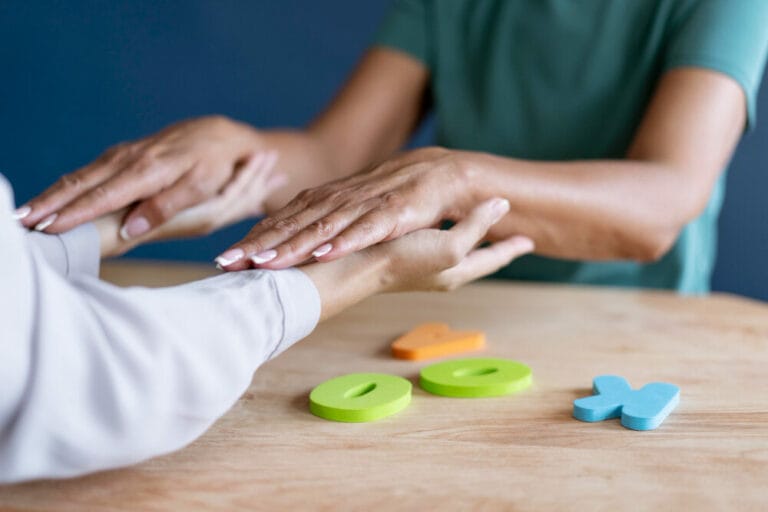The Role of Self Awareness and Self Love in Protecting Your Safety On Social Media
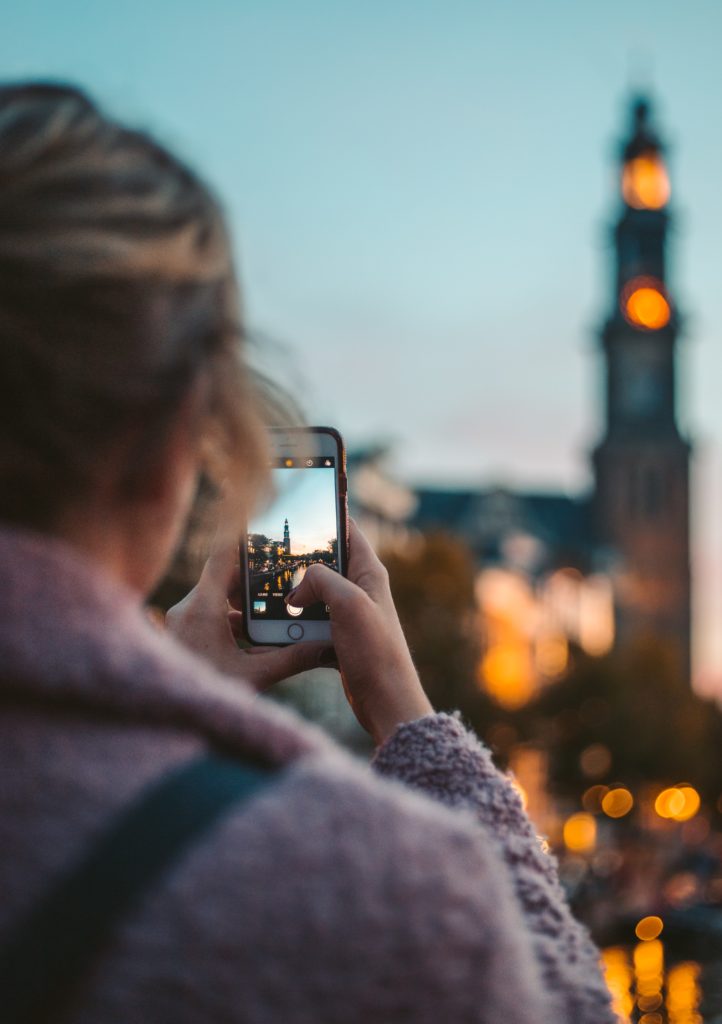
Self love and self awareness are essential for a healthy mental and emotional wellbeing but, also, for protecting your safety on social media. Too often, we focus on what other people think of us instead of focusing on our own happiness and fulfillment and we feel under pressure to collect those ‘likes’ on social media. But when we distance ourselves from the noise, we understand and accept ourselves for who we are, and stepping back from the ‘buzz’ it helps to build self-confidence, reduce stress, improve relationships, boost productivity, and develop unique talents.
You’re an individual with your own opinions, your own thoughts, and your own way of looking at the world and most importantly, you should be proud of what makes you unique. However, don’t forget that not everyone shares the same views. Respecting the opinions of others – even if they don’t share yours- is a sign that you respect yourself.
If someone has expressed negative feelings about you, it can be difficult to ignore it. But try to remember that their opinion has nothing to do with you and who you truly are- that is their story, not yours. No one deserves to be treated poorly just because they don’t agree with someone else. For hundreds of years our predecessors fought for freedom and democracy and negative online trends are not a good enough reason to forget that.
If you’re struggling to handle negative people and their comments, talk to a friend or family member about it. They may be able to provide some support and guidance. If you don’t feel comfortable talking to anyone about it, there are some resources available online. You can search for advice on how to deal with negative comments. Whatever you do, don’t let the comments get to you.
Remember: You are made to make a difference, just the way you are.
In this article we are going to look into why is not worth giving any oxygen to negative people and their comments and the role of self awareness in protecting your privacy online and maintaining your personal safety and security.
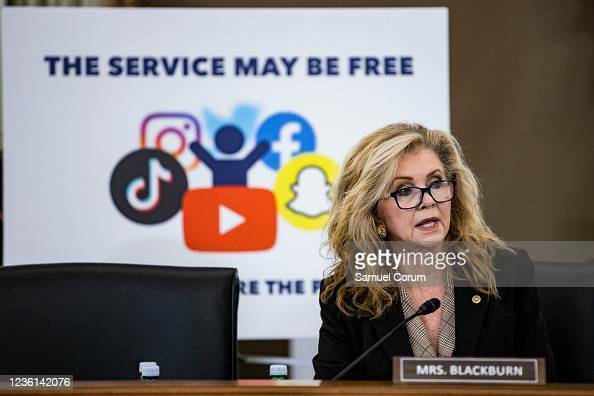
How to deal with negative people and their comments on social media
Negative people can be a huge distraction when you’re trying to work. It’s important to learn how to deal with them so that you can focus on your goals. Here are four tips for dealing with negative comments:
1. Ignore them – This is the proof that you have done something right and people who make a change are always going to attract ‘haters’. Not giving any oxygen to negative people and their comments it’s actually the best way to deal with haters. When you ignore them, they’ll eventually go away and pick an easier target.
2. Respond politely – Responding politely will show that you’re interested in what they have to say. It’ll also make them feel less powerful and more human.
3. Stand up for yourself – If someone is attacking your character or your work, defend yourself politely but firmly. Don’t let them get the best of you.
4. Show gratitude – When someone compliments you, be grateful and thank them sincerely. This will show that you appreciate their opinion and help build a positive relationship with them.

What is the role of self awareness when defining you privacy on social media ?
Privacy is a personal right that allows an individual to be left alone. It is the right to be free from intrusion into your personal life, thoughts, and feelings. There are many different types of privacy, including physical, informational, psychological, and social. Physical privacy includes the right to be free from being observed or overheard by others. Informational privacy allows an individual to control the distribution of information about him or herself. Psychological privacy protects an individual’s thoughts and feelings from being revealed to others. Social privacy allows an individual to associate with other people or groups without fear of judgment or exposure.
We care about privacy because it is an important part of our personal identity. We are acutely aware of the ways in which our personal information is collected and used, and we want to ensure that it is protected from unauthorized access. We also value our right to privacy because it allows us to engage in private thoughts and activities without fear of judgment or scrutiny from others.
We use privacy safeguards such as passwords and PINs to protect our personal information from unauthorized access. We also keep our personal information confidential and only share it with individuals or groups we trust. Finally, we take precautions to protect our identities when we use digital platforms, such as using pseudonyms or pen names.
Most of us are familiar with the term “surveillance” in reference to the government watching our every move. But what about the online surveillance that takes place on a daily basis via social media, blogs, and other online platforms? This type of surveillance has serious implications for your personal privacy, your sense of self-identity, and your ability to freely express yourself.
One of the most disturbing effects of online surveillance is the loss of your personal privacy. For example, your online activities can be easily tracked online and when you share your phone number it can be used to track your financial transactions. Yet, we are told that unless we share our direct phone number, you might not be trustworthy. Trusting whom, for what? is a question I ask myself more than often those days..
Our sense of self-identity is closely tied to our privacy. If the ‘haters’, negative people are monitoring your online activities, it can easily learn about your personal interests and values. This information can be used to manipulate your self confidence, lifestyle choices, impact your relationships or track your political or religious beliefs.
Our ability to freely express ourselves is constantly threatened by surveillance of different types. For example, if official organisations like the government or NHS are monitoring your records, it can easily used by the people they hire and the information collected on behalf of official organisations can be used against your best interest or restrict our freedom of speech.
The effects of social media on your personal and political freedoms are far-reaching and complex. We already have more than enough examples on how social media can discourage critical thinking and investigative journalism. It can also lead to censorship and authoritarianism.
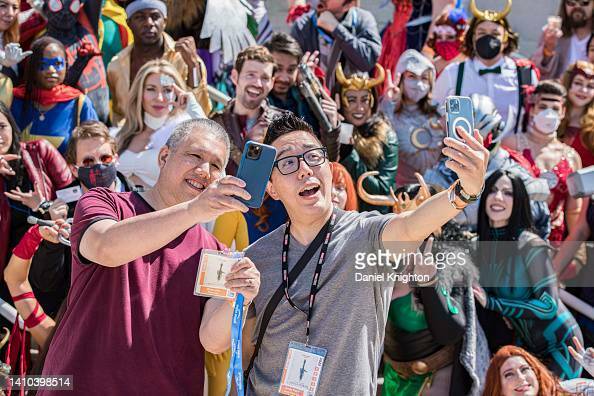
Is your right to privacy in the digital age diminished by social media?
There is a growing trend in our society of people sharing everything they do online. This includes what we wear, where we go, and what we think. We post pictures of ourselves and share our thoughts online without fear of judgment. But what about when the information we share is private?
In many cases, this information is public by default because it is shared on social media platforms or websites where anyone can see it. However, there are some occasions when information should be considered to be private and should not be shared without the consent of the individual involved.
One example of this is your personal finances. It is none of your business what other people might think of you if you choose to keep your finances private. You don’t have to disclose on social media every penny you make or spend if to want to maintain your right to privacy. There are many ‘gurus’ out there who after they gain your trust through their ‘influence’ on social media, will request you to fill a form and disclose your financial status. If you choose to share your financial information with others, it is important that you are aware of your right to privacy from the get go .
Another example is your medical information. If you choose to share this information with others, it is important that you are aware of the risks involved. By sharing your medical information, you are opening yourself up to potential identity theft and other types of attacks. If you do not want others to know about your medical condition, it is best to keep this information private.
There are also times when information should not be shared at all. This includes personal information that could potentially harm the safety of the individual involved or could lead to them being harassed or attacked. For example, if you are a victim of domestic violence, it is not safe for you to share any personal information about your situation with anyone outside of immediate family members or friends who can support you.
Similarly, if you are a rape survivor, it is not safe for you to post pictures or videos of the attack online in order to protect yourself from possible harassment or attack. Resists the social media trends that are encouraging you to release personal pictures or videos. If you decide to publish your story, you can publish under a pen name.
It is important to remember that although digital age technology makes it easy for us to share private information with others, it is still important to be mindful of the right to privacy of each individual involved. By following these guidelines, we can help protect your right to privacy in the digital age and maintain our safety and security on social media.
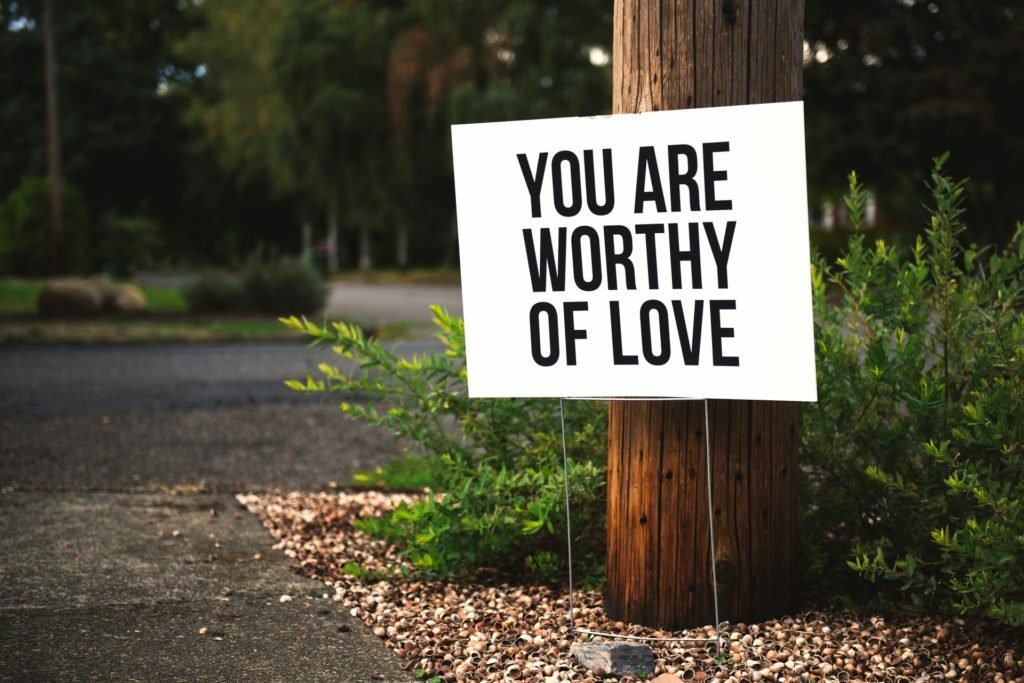
Why self love and self awareness must be taught in schools
Self-love and self awareness are left out of school curriculums, but they are essential for healthy mental and emotional wellbeing. Too often, we focus on what other people think of us instead of focusing on our own happiness and fulfillment. Here are five reasons why self love and self awareness should be taught in schools:
- It builds self-confidence. When we understand and accept ourselves for who we are, it helps to build self-confidence. In fact, one study found that people who felt confident about themselves were more likely to be successful than those who didn’t.
- It reduces stress. Too much stress can lead to problems like anxiety and depression. But learning to relax and take care of yourself can help reduce your stress levels significantly.
- It improves relationships. When we’re able to be ourselves with others, it’s easier to have positive relationships. And positive relationships are essential for happiness and fulfillment in life.
- It leads to healthier decision-making. When we’re able to trust ourselves, we’re less likely to make irrational or unhealthy decisions. This can lead to better overall health, both mentally and physically.
- It boosts productivity. Focusing on our own happiness and satisfaction is often a key ingredient in increased productivity.
In short, teaching self love and self awareness in schools can be a powerful way to promote healthy mental and emotional wellbeing. While it might take a while for self awareness to make it to the national curriculum, your home is where change starts.
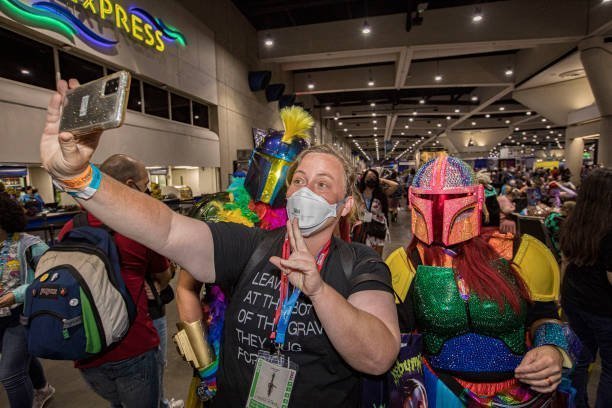
Why self love and self awareness are important when you are active on social media?
Knowing that every human being is born rich can have a lot of different implications. Ultimately, it’s up to the individual to decide what their expectations are. However, it’s important to keep in mind that regardless of your background, you can still achieve anything you set your mind to. All you need is the talent and determination to succeed.
So why should self love and self awareness be taught in schools? For one, it’s a powerful way to promote healthy mental and emotional wellbeing. But more importantly, it teaches children that they’re capable of happiness and fulfillment on their own terms.
It’s important to remember that what matters most is our own happiness and well-being. If we focus on what others say and do, we’ll only end up feeling upset and frustrated. It’s much better to focus on the good things in life and ignore the negative comments from negative people. In the end, it will be easier to live a happy and fulfilled life.
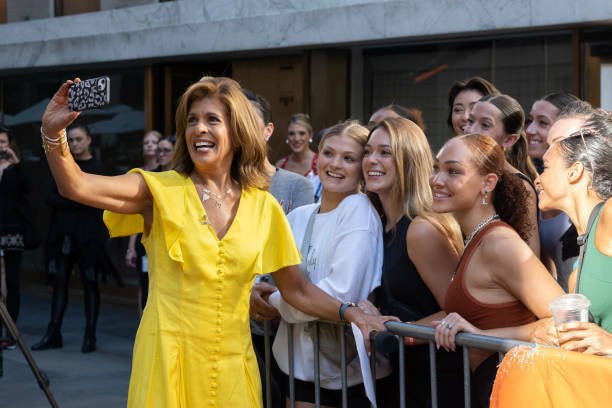
Conclusion
There are a lot of things that you as individuals can control in your life, such as the food that you eat and the exercise that you do. But one area where many of us find it difficult to set ethical boundaries is with regard to how others think of us. It can be really tough to let go of our need to be liked or accepted, but if we want to live a meaningful and fulfilling life then we need to start setting limits on how much influence other people have over us.
One way to do this is to remember that everyone has their own opinion, and that it is not worth getting upset over the negative comments of others. Ultimately, we are all capable of creating our own positive identities in the our own eyes, regardless of what others might expect from us, and no one deserves to be treated poorly just because they don’t share the same opinions as someone else.
If you’re struggling to deal with the negative comments, feel free to talk to a friend or family member about it. They may be able to provide some support and guidance. If you don’t feel comfortable talking to anyone about it, there are some resources available online that can help you deal with the comments in a healthy way.


